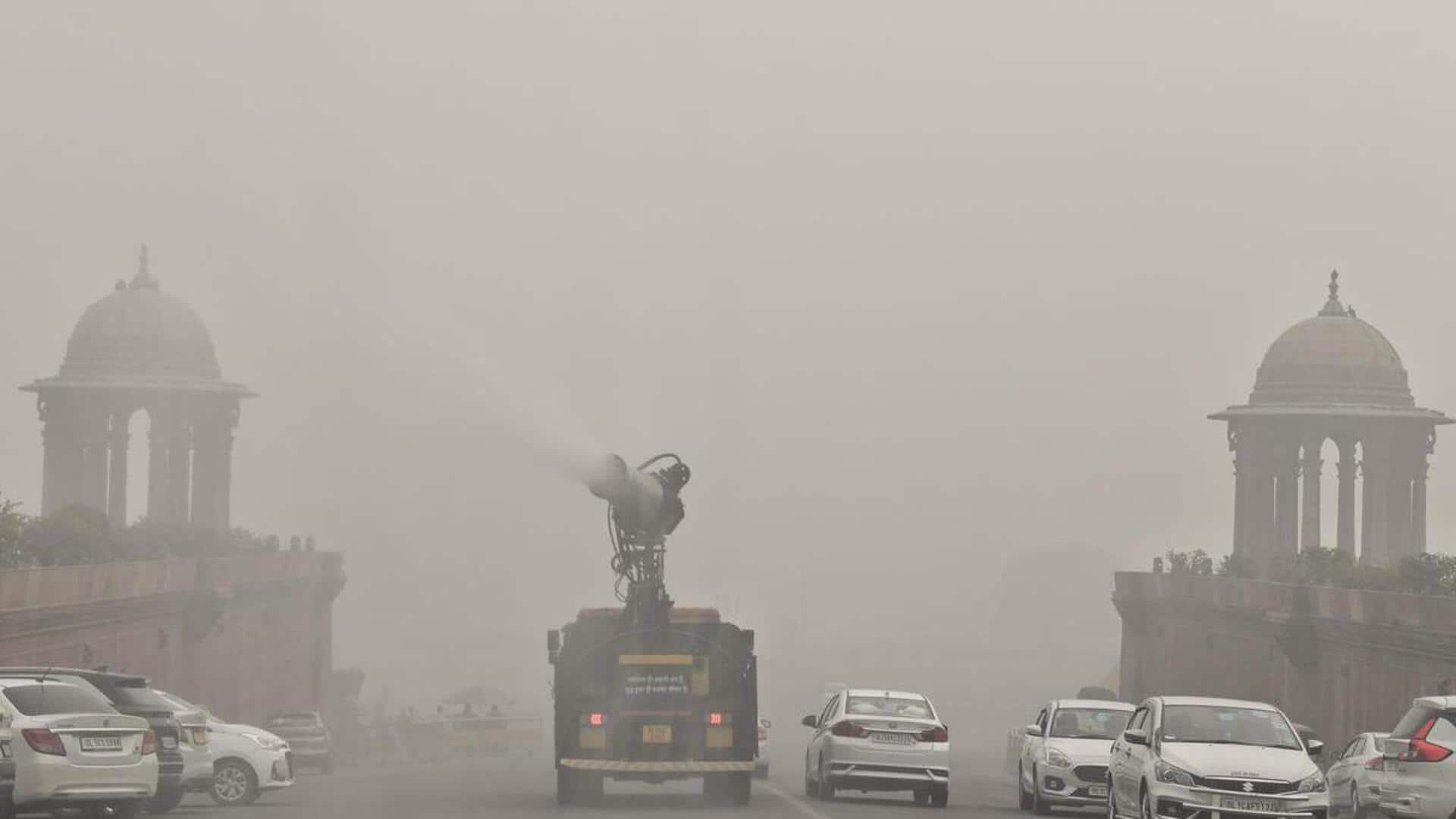**Why Delhi’s Air Quality May Become ‘Poor’ from Wednesday**
*By Snehil Singh | October 13, 2025 | 8:30 PM*
The India Meteorological Department (IMD) has forecast a decline in Delhi’s air quality as the winter season approaches. The city’s air is expected to remain in the “moderate” category on October 13 and 14 but will likely slip into the “poor” category for nearly a week starting October 15.
According to the IMD bulletin, “The air quality is very likely to be in the Moderate category from October 13-14. From October 15 onwards, it is expected to be in the Poor category for nearly a week.”
### Pollution Update: Slight Increase in Stubble Burning
Delhi’s air quality showed a slight improvement on Sunday, with an average Air Quality Index (AQI) of 167, down from 199 on Saturday. This improvement was attributed to steady winds blowing at 10-15 km/h.
However, stubble burning in neighboring states has increased slightly, contributing to pollution levels in the city. The share of pollution from stubble burning rose from 0.4% on Saturday to 0.8% on Sunday.
The Ministry of Earth Sciences’ Early Warning System also predicts moderate air quality for October 13-14 and poor conditions from October 15 onward.
### Factors Behind the Pollution Spike
Delhi’s air quality typically worsens in October due to several reasons:
– Retreating monsoon rains and cooler temperatures
– Increased stubble burning in Punjab, Haryana, and nearby states
– Festive fireworks adding to pollution levels
Additionally, slower winds and cooler weather during this season lead to a “temperature inversion,” where a layer of warm air traps pollutants near the ground, worsening air quality. Smoke carried by north-westerly winds from Punjab and Haryana further aggravates the situation.
On Sunday, vehicles were the largest contributors to PM2.5 pollution, accounting for 19.8%, followed by emissions from Sonipat (9.2%) and Jhajjar (5.1%).
### Seasonal Outlook: Clear Skies and Cool Winds
The IMD has forecast clear skies and cool northwesterly winds over the coming days, with maximum temperatures expected to rise to 34°C by Wednesday.
Environment Minister Manjinder Singh Sirsa highlighted that Delhi has recorded 199 days with AQI below 200 this year, nearly double the number reported in 2016. He said this marks a “real improvement on the ground.”
As winter advances, residents are advised to stay updated on air quality forecasts and take necessary precautions, especially from mid-October when pollution levels are expected to worsen.
—
*Stay tuned for more updates on Delhi’s air quality and pollution management.*
https://www.newsbytesapp.com/news/india/delhi-air-quality-to-turn-poor-from-wednesday/story
